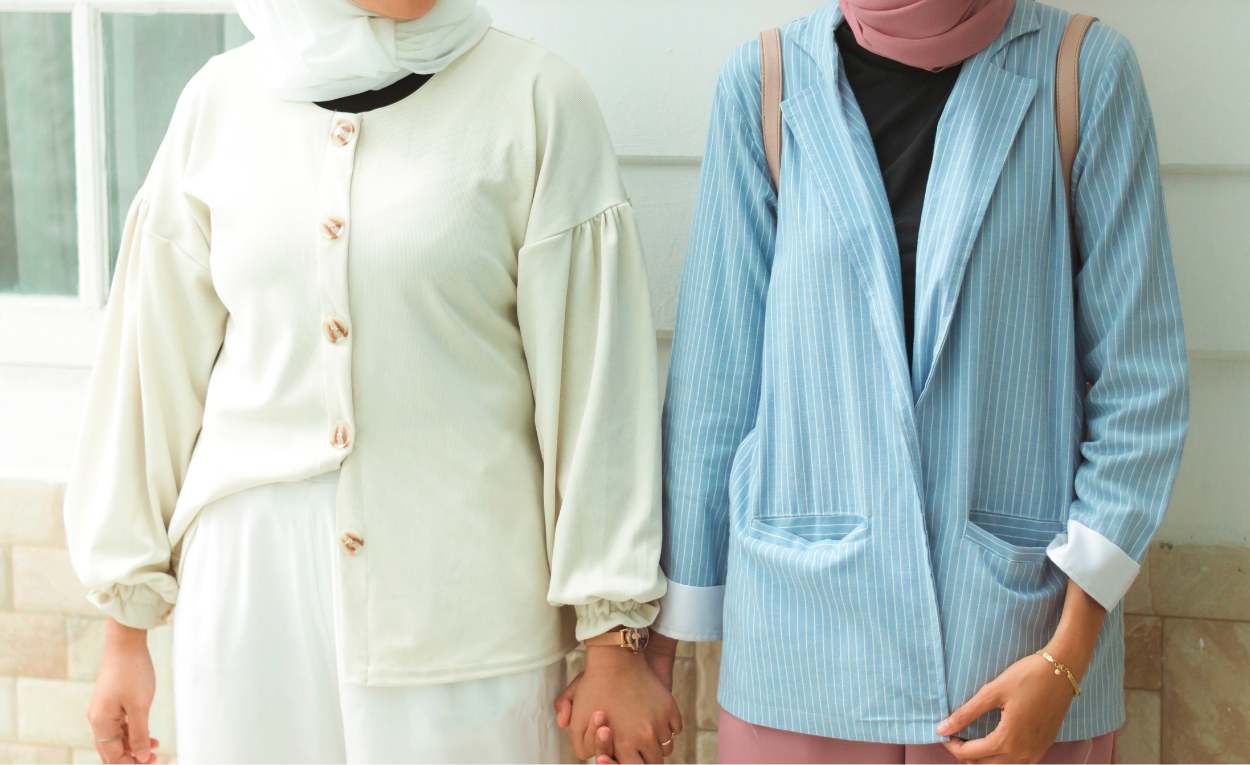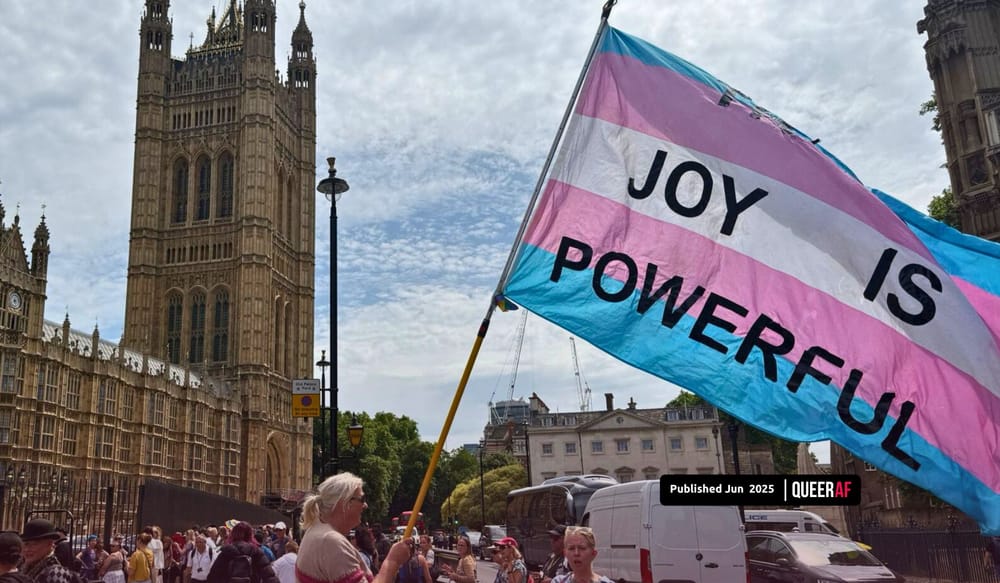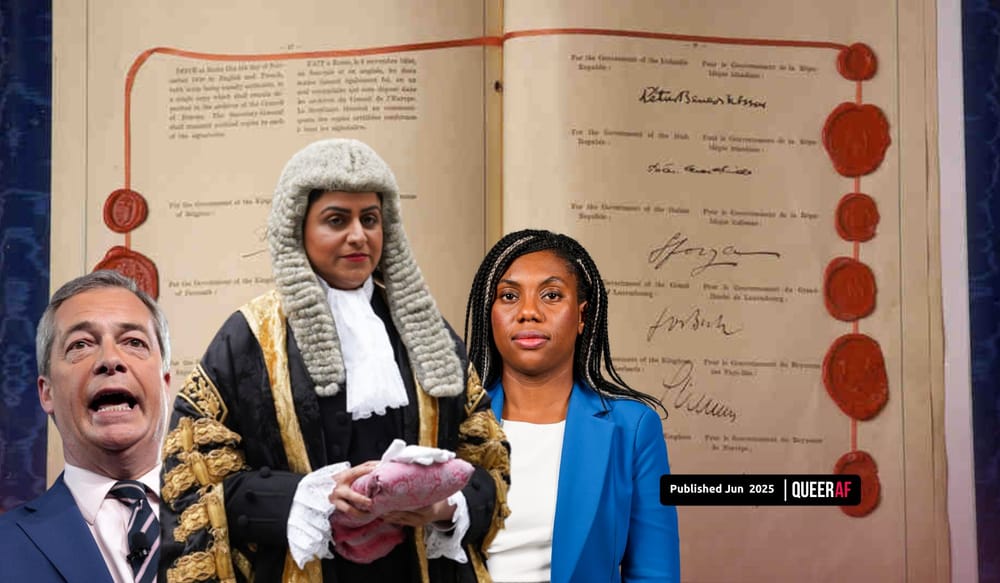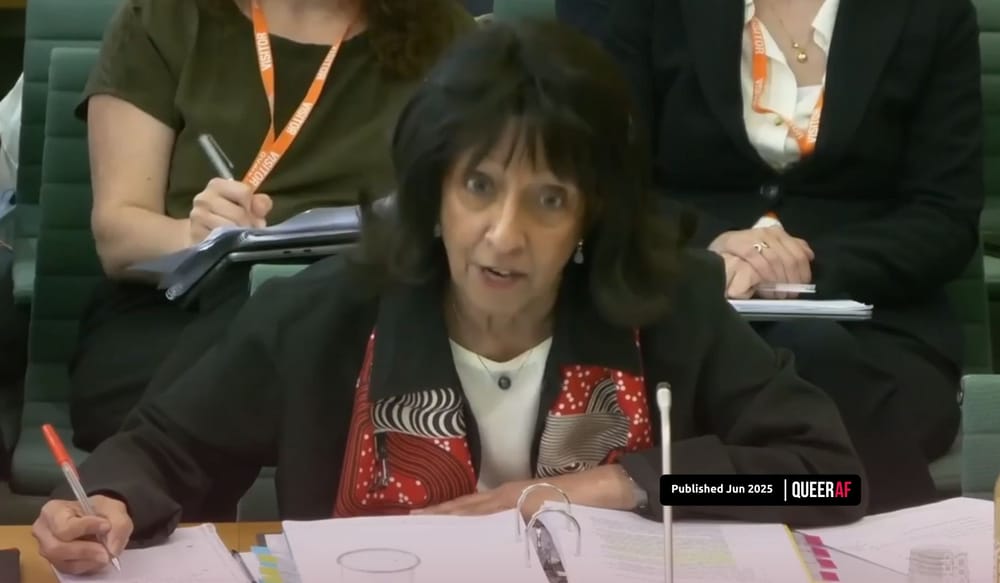
When large crises take place it's far too easy to forget the queer experience happening within them.
Indeed, during the Coronavirus pandemic, I witnessed editors across the media respond to research on how it was going to specifically impact our community brush this off – 'how is this virus different for us?', 'What's the angle?'
In Afghanistan, though the picture is all too clear. It was already a hard place to be queer. Under Taliban rule, it's likely to get much worse, again.
And that's because, under the Taliban's interpretation of Sharia Law, homosexuality is strictly prohibited and punishable by death.
For Abdul, who spoke to BBC Newsbeat, it means being "killed on the spot" if his sexuality is revealed.
Nemat Sadat, the first gay Afghan to come out publicly, shared on Twitter:
“It’s not hyperbole to say that the Taliban will do what Nazis did to homosexuals: weed them out and exterminate them from Afghan society. Please help.”
And even with promises of a 'tamer' Taliban, in press conferences designed for Western audiences - you don't have to look far to find the reality. The Taliban judge who spoke to the German newspaper Bild just a month ago said - “There are only two penalties for gays: either stoning or he has to stand behind a wall that falls on him. The wall must be 2.5 to 3 metres high.”
Not forgetting what these strict laws will mean for many other vulnerable Afghans–women and girls, human rights defenders and activists, ethnic and religious minorities and the rest of the LGBTQIA+ community.
And this is in stark difference to the last twenty years while the west has been in the country? Not really.
As Patrick Strudwick reports in the I- we know that even under the Government supported by the west, the LGBTQIA+ community has been beaten, tortured, murdered. “Honour” killings have continued. And this all allows for the aggressions in day to day life to pass unquestioned, from firing staff, evictions - to the most painful violence and sexual assault.
And in Taliban areas, where sharia law has continued to apply, so has the death penalty.
What can we do as we watch our community in Afghanistan lose even more of their freedom? It feels like very little. But there are some clear steps we can take.
Stonewall, the UK's largest LGBTQ+ org, has called on the UK government to start "helping LGBTQ+ Afghan refugees to survive, resettle and thrive."
It's very easy to write to your MP and reiterate this call. To ask for the 20,000 Afghans we've promised refuge to be told how to apply for the scheme, something many Afghans are now asking. - BBC
Writing in Marie Claire, Afghan Rona Akbari also calls for Governments to change their visa requirements to make it easier for people to resettle.
Elsewhere, you can support the Rainbow Railroad. The global charity helps LGBTQ people facing persecution flee countries. And they are now preparing to help LGBTQ Afghans attempting to escape. - Time
They've been running since 2006, and their work became prominent during the 'gay purge in Chechnya, Russia. You can donate to them here.
There is also a GoFundMe set up by three Afghans in the US distributing funds to queer Afghans. However, they note that within days it will become difficult to distribute the money as cash in local banks runs out.
This article was just one part of our weekly newsletter that summarises, understands and explains the news of the week:

I started QueerAF to fund queer media careers.
Behind the scenes, we are supporting underrepresented emerging creatives to kickstart their career.
This, while we build a community-centred platform that works for our community, not advertisers.
Do you support new queer voices who can go on to change the media?











